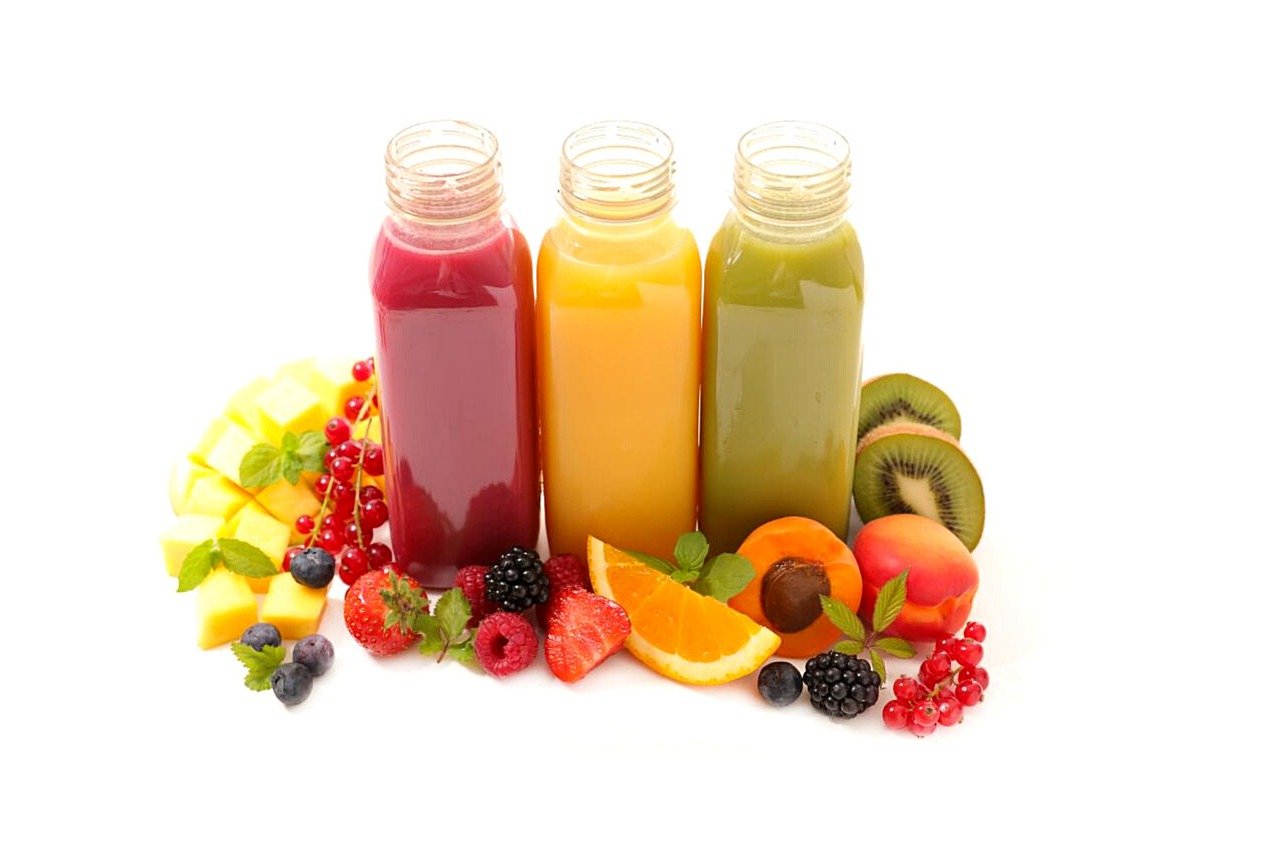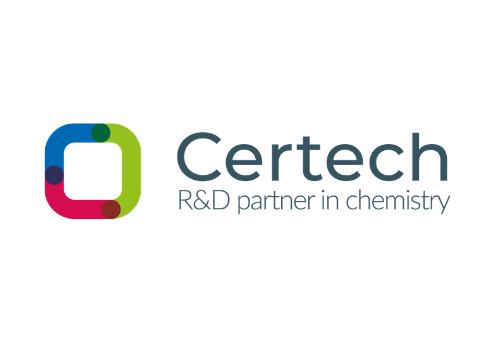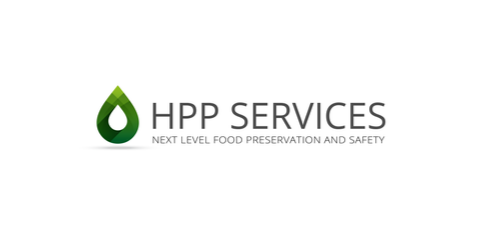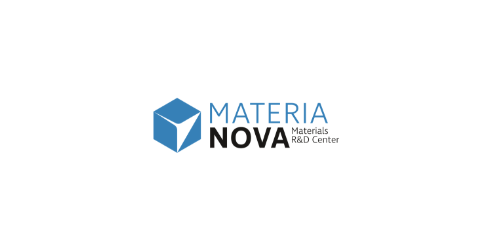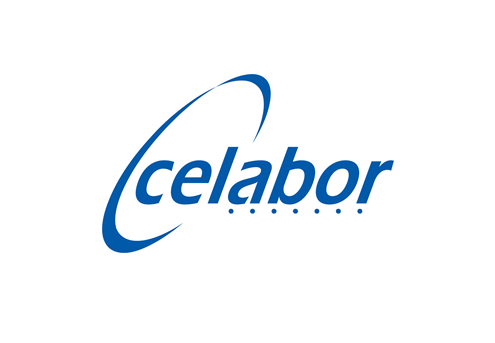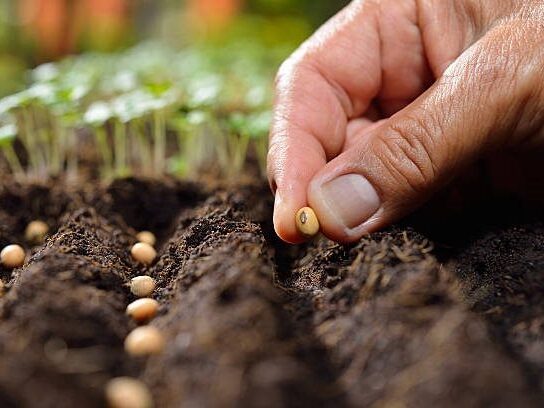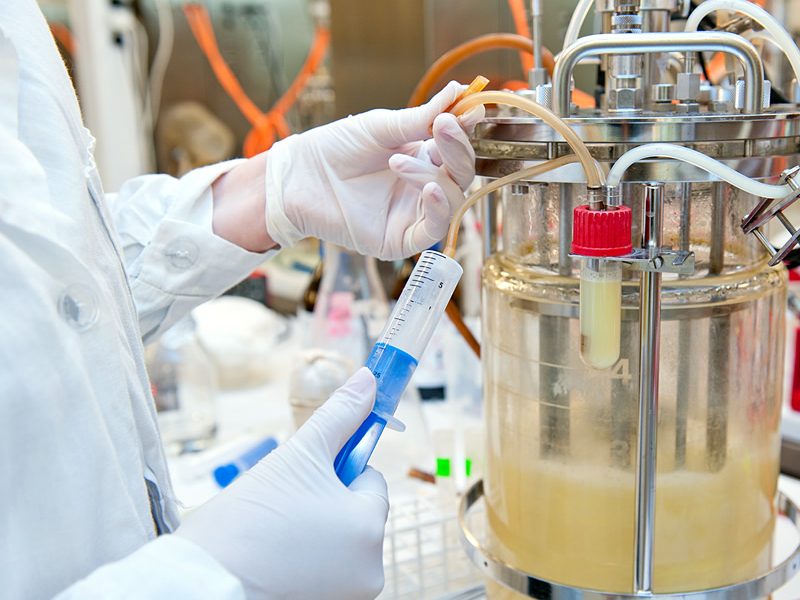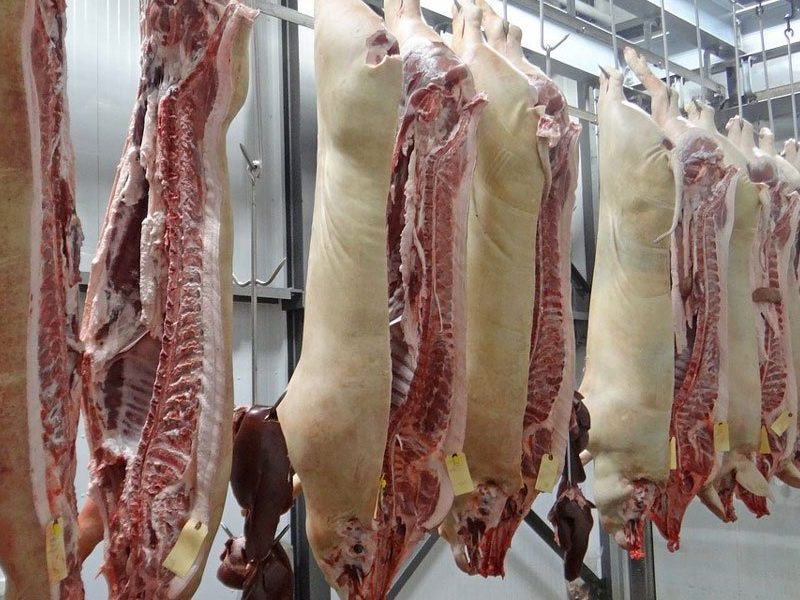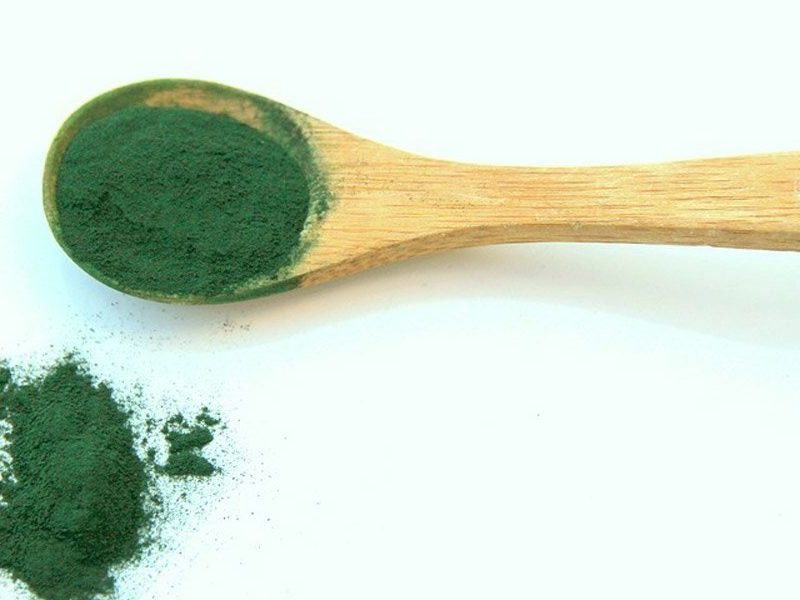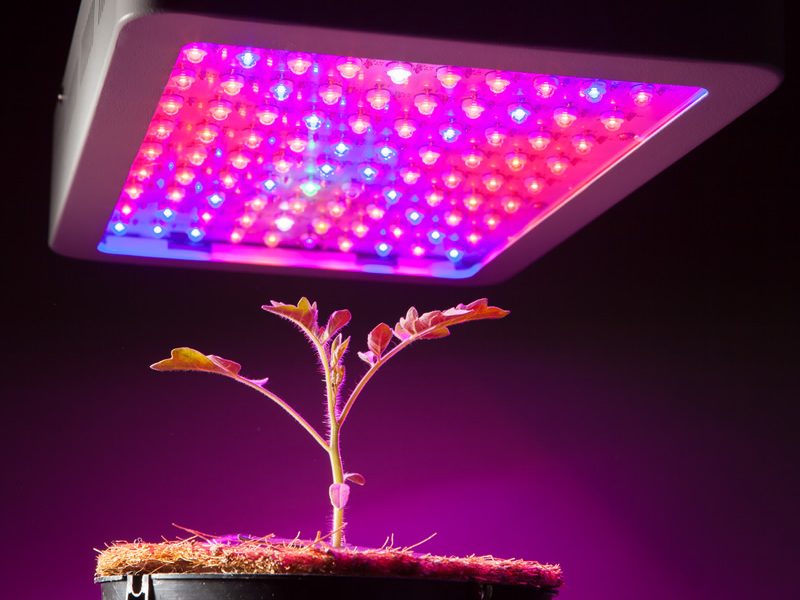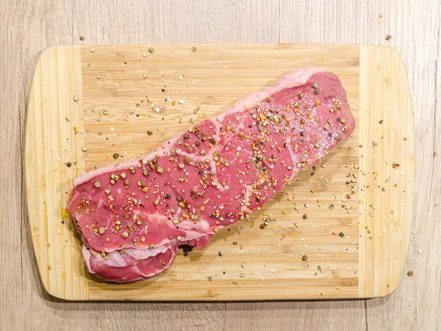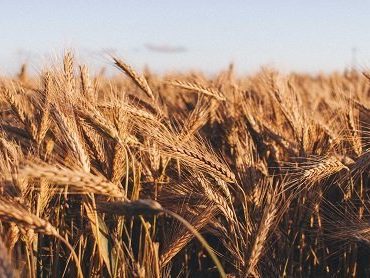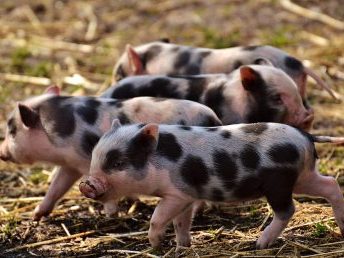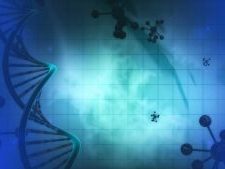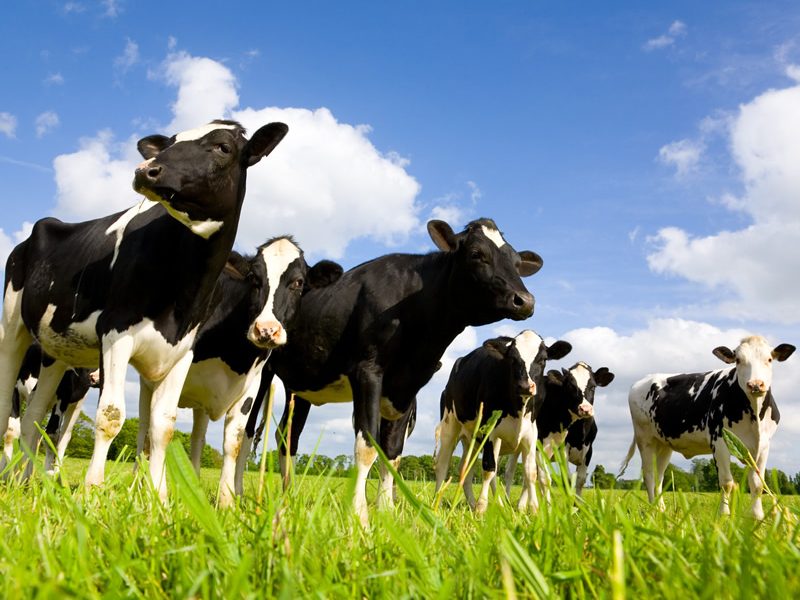Introduction
Located in Binche, HPP Belgium (HPP-High Pressure Processing), which is responsible for the present Hipper-pack project, is a food processing company created at the end of August 2017 by the 5 shareholders/managers. This processing consists in subjecting food products such as juices, cooked meats, ready meals or dairy products to very high isostatic pressure of some 6,000 bars, so as to eliminate harmful pathogens and thus improve the conservation of the treated food as a priority. This corresponds on average to 5 or 6 times the usual shelf life.
In addition to the fight against food waste, the other advantages of this type of processing are to be linked to the ‘Clean Label’ which is in turn associated with the high pressure process, i.e. sanitary safety, the non-use of preservatives or the maintenance of the organoleptic qualities, texture and freshness as well as the tastes and flavours of food.
Given the advantages of this technology, there is an ongoing trend to optimize processes and to adapt it to a wide range of products. There is consequently a real potential for expanding applications in the agri-food industry — a field that requires the study of other types of packaging that would be compatible with the technology in question and that could meet both consumer as well as current or emerging regulatory requirements in terms of respect for the environment.
The project
Since food comes under pressure when packaged, the packaging must have specific technical and sanitary qualities. HPP Belgium has to that end identified two R&D objectives for innovative packaging, namely the design and development of a lid with an integrated flexible membrane for glass bottles and a tray packaging made of bioplastic materials.
The development of these new types of packaging requires a series of multidisciplinary tasks, which will mobilize the skills and expertise of the partners of the Hipper-Pack project, namely the companies HPP Belgium, HTP Europe, Omniform as well as the research centres Certech, Celabor and Materia Nova.
Whereas the three companies are mastering the technologies relating to their respective industrial activities, i.e. the high pressure process, plastic injection and thermoforming, the research centres are concurrently cultivating complementary expertise that will be mobilized in the project. Certech will intervene specifically in the development of the tray in biomaterials while Materia Nova will focus on the non-rigid components of the developed packaging, namely the sealing lid of the tray and the flexible membrane of the lid for glass packaging. The partnership approach is rounded off by targeted measurements of migration and physical and chemical degradation phenomena in which the Celabor Centre has specialized.
These two types of innovative packaging compatible with HP technology do not exist on the food packaging market at this time, so they constitute an opportunity to develop a new market segment for the food industry.
Economic spinoffs
Economic spinoffs will be generated by the significant increase in volumes handled by HPP Belgium in its facilities on the one hand, and by the activities generated by the production of the new packaging in HTP Europe and Omniform on the other. In addition to the increase in production volumes in the aforementioned companies, the economic impact of the project is also reflected in the technical challenges to be met, which bolsters their expertise, as well as in the competitive positioning of these SMEs on the food packaging market.
In terms of jobs created, HPP Belgium is counting on the short-term commitment of at least 2 additional FTEs in order to satisfy the very concrete quasi-orders registered with customers requesting glass packaging. In addition to these operational implications, HPP would also be the first company in Europe to offer a High Pressure treatment in glass packaging, which will undoubtedly further boost the business momentum.
The markets concerned include fruit juices, but also dairy products, soups and baby food, which represent significant potential but where regulations need to be clarified.
The use of bio-based plastic packaging would moreover enable HPP to increase the volume of products processed, since many potential customers are sensitive to the sustainability aspect of packaging; the markets concerned are mainly dips, tapenades and fruit purées. HPP estimates that that 2 additional FTEs will be required initially to absorb the new orders that would result from the development of bio-based plastic packaging.
The production of the two new types of packaging will lead to the creation of 5 new FTEs in the two partner companies HTP Europe and Omniform, which are involved in the development of the flexible membrane lid for glass bottles and the lidded tray made of bioplastic materials respectively.

